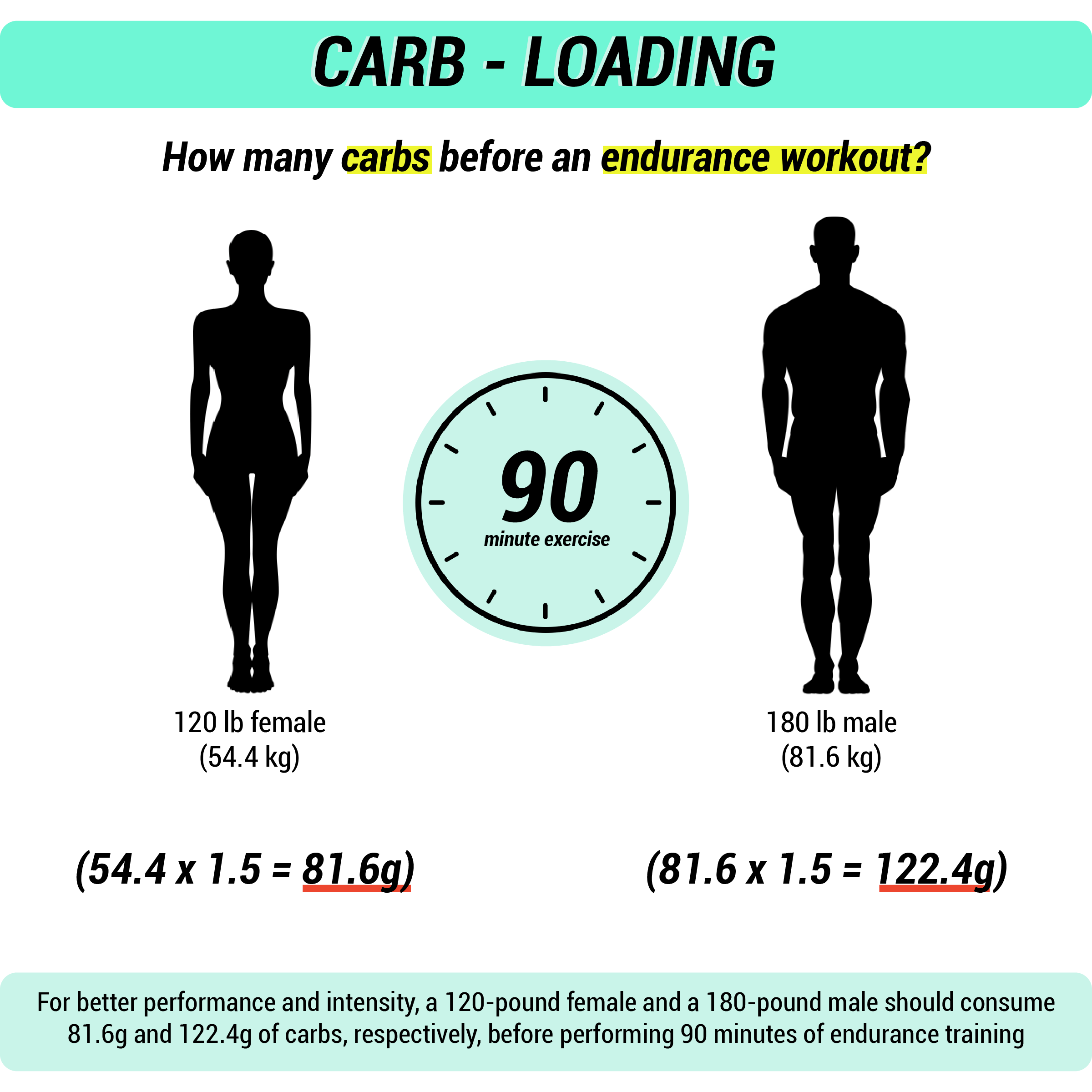I’ve done a lot of stupid things in my life. Most of them having nothing to do with fitness and nutrition. But my nutrition blunders run especially deep.
I’ve done everything from waking up twice in the middle of the night to drink protein shakes (gotta eat every 3 hours, right?) to slugging 20-30g of BCAAs throughout the day to “stay anabolic” (this still feels like my “pet rock” moment).
When it comes to carb-loading, I’ve experimented with extremes: I’d wake up 2 hours prior to my workout and eat about 100-150g of carbohydrates. (Think: Two bowls of oatmeal + fruit + 2 slices of bread just to make sure my glycogen stores were “fully loaded” to build muscle.) And I once avoided carbs completely, because fasted exercise burns more fat, right? (Nope!)
The truth is always more about sustainable behaviors than trying to “hack” your body. For instance, fasted cardio does not burn more fat, but if you feel better doing it, then go for it. And carbs can help build more muscle, but you don’t need to eat yourself silly.
Still, the question remains for most:
Should you eat carbs before a workout?
From a scientific standpoint, research suggests a little bit of carb-loading can be a great thing for your workout performance.
The study, which was published in the Journal of Applied Physiology, compared endurance performance when consuming different amounts — and types — of carbohydrates.
The high-carb group ate 1.5g/kg of bodyweight before completing 90 minutes of intense exercise (think: a long run). This group saw better performance and were able to maintain their intensity for a longer period of time, whereas the lower-carb group had better fat oxidation, but were quicker to fatigue.
Looking at the results, it was a little murky to determine if the type of carbohydrate (low vs. high glycemic index) made any difference.

When to Carb Load
If you’re going to do long-lasting activity (especially endurance-type exercise, like running, biking, etc.) and performance is your goal (running longer, faster, and experiencing less fatigue), than pre-workout carbs is a better approach than avoiding carbs or going for a lower-carb meal.
In general, the longer the activity, the greater the “need” for carbs to help boost your workout.
But remember: if “forcing” your carbohydrate intake before a workout means you don’t work out, or makes you feel sick to your stomach, then don’t do it. Carb loading isn’t worth it if the meal that disrupts your workout.
READ MORE:
5 Signs a Protein Bar is Worth Eating
Understanding Fasted Cardio and Fat Loss

Adam Bornstein is a New York Times bestselling author and the author of You Can’t Screw This Up. He is the founder of Born Fitness, and the co-founder of Arnold’s Pump Club (with Arnold Schwarzenegger) and Pen Name Consulting. An award-winning writer and editor, Bornstein was previously the Chief Nutrition Officer for Ladder, the Fitness and Nutrition editor for Men’s Health, Editorial Director at LIVESTRONG.com, and a columnist for SHAPE, Men’s Fitness, and Muscle & Fitness. He’s also a nutrition and fitness advisor for LeBron James, Cindy Crawford, Lindsey Vonn, and Arnold Schwarzenegger. According to The Huffington Post, Bornstein is “one of the most inspiring sources in all of health and fitness.” His work has been featured in dozens of publications, including The New York Times, Fast Company, ESPN, and GQ, and he’s appeared on Good Morning America, The Today Show, and E! News.
Thanks for this useful information. The key point I got is “do what works for you”. That advice goes a long way in all walks of life, not just in fitness.
Everyone need carb for body and muscle. Carb provides energy to the body and fuel up our body. Carb before 20 minutes of before workout started is the best thing for a lean body structure.
The proportion of carbs can do wonders in the human body. The piece is quite helpful in figuring out the carb’s importance. Thanks for enlightening. Keep sharing.
Thanks, Vlad.
“Carb loading isn’t worth it if the meal that disrupts your workout.”
This is top-notch.
I believe we have all experienced the “ruined workout” by over-eating with oats pre-workout.
Thanks for the value here in this article!
Thanks, Vlad. Appreciate you reading our content.
Nice article it’s helpful
Nice information. Thanks for sharing the article in the blog.
Thank you for this information, Adam.
Quick question, I’ve been working out for over 5 years now, and being an ectomorph, I particularly focus on getting a good amount of carbohydrates in my diet everyday. While I’ve had great results in the past, is carb-loading something that can add to the results? The results I’ve had previously are great, but just need to make sure I’m not missing out on an opportunity to build muscle muscle, just because I’m not trying new things out.
Thanks!